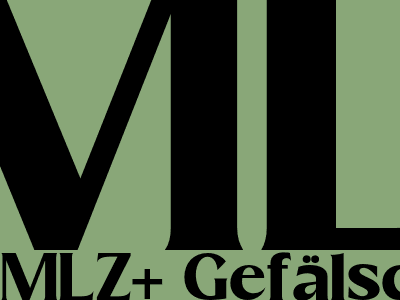
Honey Laundering: Fake Honey Threatens the Entire Industry
Domestic Beekeepers Fear Fraud on a Large Scale
Counterfeit honey is flooding the market, threatening the livelihoods of local beekeepers and the integrity of the entire honey industry.
MLZ+ Honig, a company based in Bavaria, Germany, has been accused of selling fake honey on a massive scale. The company allegedly mixes low-quality honey with sugar syrup and other additives, then sells it as pure honey. This practice, known as "honey laundering," is illegal and has devastating consequences for the honey industry.
How Does Fake Honey Affect the Honey Industry?
Fake honey has a number of negative effects on the honey industry:
- It drives down prices for real honey, making it difficult for beekeepers to make a living.
- It damages the reputation of the honey industry, making it difficult for consumers to trust that the honey they are buying is pure.
- It can lead to health problems for consumers, as fake honey may contain harmful additives.
What Can Be Done to Stop Honey Laundering?
There are a number of steps that can be taken to stop honey laundering:
- Increase testing of honey to identify fake honey.
- Enforce penalties for companies that sell fake honey.
- Educate consumers about the dangers of fake honey.
Conclusion
Honey laundering is a serious problem that threatens the entire honey industry. It is important to take steps to stop this practice and protect the livelihoods of beekeepers and the health of consumers.